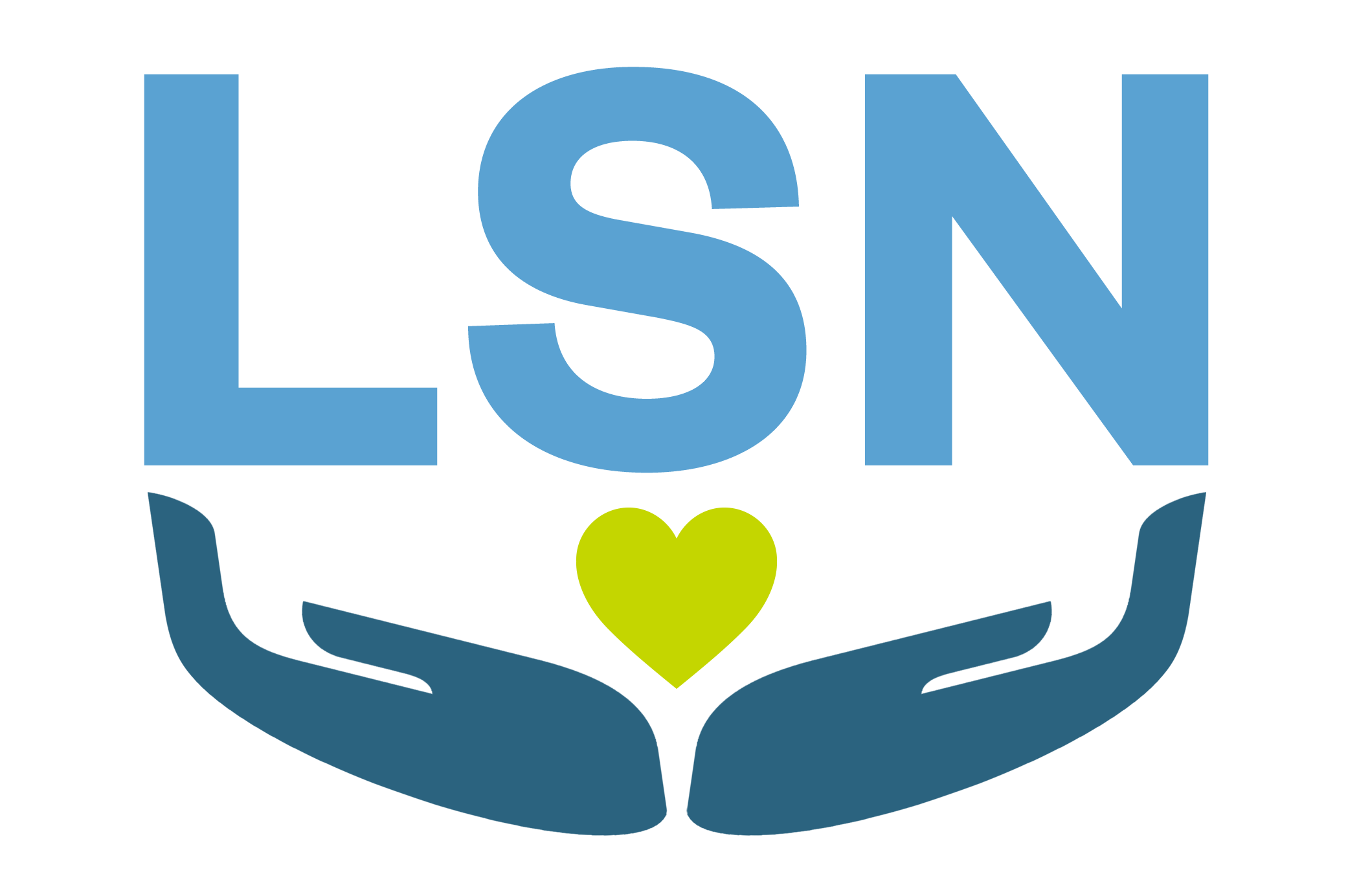Staying on Track

April 17, 2023
We are in it, y'all. That end of semester crunch of projects, papers and exams. Last week, we heard from Dr. Sarah Reives-Houston from the School of Social Work's Behavioral Health Springboard. A few of our favorite tips that she shared:
- Focus on things within your control: A big part of feeling healthy comes from agency, or feeling like we are able to control our situation.
- Many of our stressors come from worrying about things outside of our control - the outcome of our efforts (e.g. grades), the future, the past, how others take care of themselves, what happens around us, and the opinions and actions of other people.
- Acknowledging that these are out of our control can shift the meaning we attribute to that stressor. Acknowledgement doesn't get rid of the impact - we may still feel upset by how others act, for example - but it can give those situations less power.
- Be a thermostat. Thermometers react to the temperatures around them. Choose your own temperature! Be a thermostat - you select your temperature.
- Remember the fairy and the lion: Imagine a situation where you are being chased by a lion who clearly wants to eat you, but a fairy arrives on the scene who magically makes the lion disappear. Your eyes would see that the lion is gone, but your body won't respond as quickly - all of your stress responses will continue.
- To build resilience, we have to mitigate the psychological and physiological responses to stressors, and that usually means activities that require paying attention to sensations and thoughts.
- There are so many options - deep breathing, physical activity, laughing, being creative, doing a visualization exercise, spending time with loved ones or a pet. You want to find an activity that helps your body and mind recognize that you are safe and connected.
- You and us: What happens on campus impacts you individually; what's going on with you individually impacts how you engage with your family, campus, and community.
- Resilience and wellness involves both personal accountability and collective responsibility.
- As we all work towards slow progress of shifting the culture on campus, there are things you can do right now to support yourself and your friends. Study together and hold each other accountable. Celebrate each other's efforts. Invite friends to be active with you. Share yummy food. Encourage sleep. Listen. Be authentic.
Dr. Reives-Houston had many additional helpful insights to share, and you can watch the presentation or review live tweets (there are 2 threads) from the seminar.
Sharing and printing options:

